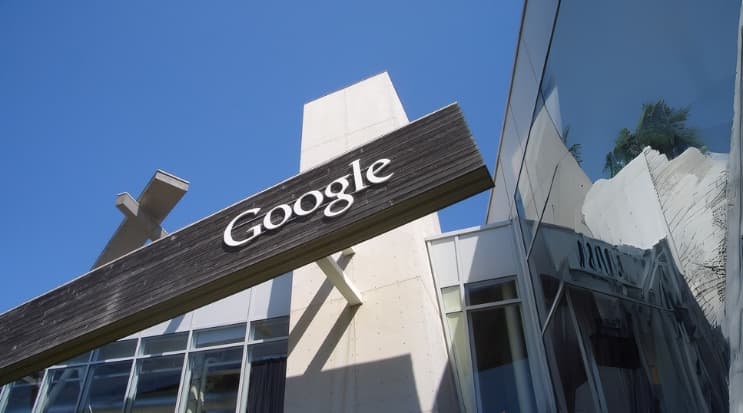
Google Loses Antitrust Case Over Online Advertising Monopoly, Judge Rules
US Judge Finds Google’s Practices Monopolistic
In a landmark ruling, a US district judge determined that Google holds an illegal monopoly over online advertising technology, marking a major defeat for the tech giant. Judge Leonie Brinkema concluded that Google's anticompetitive acts have allowed it to dominate the market for online ad placements, resulting in unfair practices.
The US Department of Justice vs. Google
Supported by 17 US states, the US Department of Justice filed a lawsuit accusing Google of unfairly controlling the technology that determines where ads are placed on websites. This is the second antitrust loss for Google in the past year, following a similar ruling where the company was found to hold a monopoly over online search.
Google’s Response and Legal Battle Ahead
Google has announced plans to appeal the decision. Lee-Ann Mulholland, Google's head of regulatory affairs, defended the company's practices, stating that their ad tech tools are simple, affordable, and effective. However, the judge ruled that Google engaged in exclusionary conduct that harmed its customers and the competitive landscape of the online ad space.
Significance for the Advertising Industry
This ruling is a victory for US antitrust enforcers, signaling that agencies and judges are now actively holding tech giants accountable. The case is expected to set an important legal precedent, influencing future corporate decisions in the advertising industry. Some critics argue that other major players, like Amazon, were not adequately scrutinized during the trial.
Implications for Google’s Market Dominance
Google's control over both the buyer and seller sides of the online advertising market, as well as its ad exchange, has sparked concerns over market fairness. While the ruling won’t directly affect users, it could change how ad revenue is distributed between advertisers, publishers, and ad service providers.
What’s Next for Google and Antitrust Laws
This case is part of a broader effort to address Google's monopolistic practices, with the possibility of the company being forced to break up. The case will now move into a second phase, focusing on potential remedies and structural changes to Google's advertising operations. Similarly, investigations in the UK have found that Google engaged in anticompetitive practices, putting more pressure on the company to reform its business strategies.
For any enquiries or information, contact info@thelawreporters.com or call us on +971 52 644 3004. Follow The Law Reporters on WhatsApp Channels